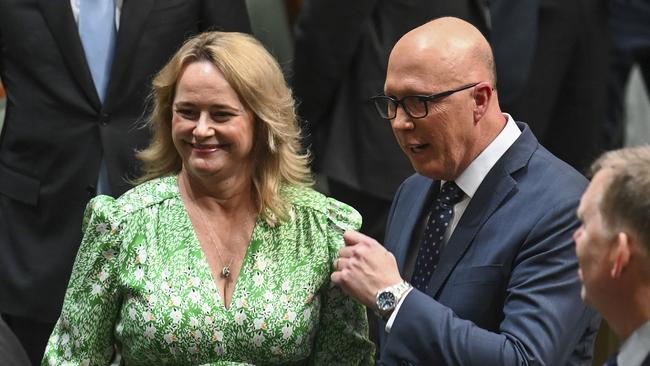
Avoiding big-spending promises, the Opposition Leader has chosen to strengthen his support for including nuclear power in the blueprint to supply reliable electricity and cut carbon emissions.
Declaring any “sensible government in the 21st century” has to include nuclear power, Dutton goes a step further in his policy challenge to Labor by highlighting the inconsistency in buying nuclear-powered submarines but not using similar technology onshore to provide reliable carbon-emission-free energy.
This is an issue in the budget reply that does not have a budget cost and has the potential to split Labor ranks. Like the Treasurer, the Opposition Leader had really no choice in agreeing to support increased payments for those on JobSeeker, for single parents and people over 55 as well as expanded access for Medicare bulk-billing and medicine. The Coalition is even likely to support the new $2.45bn tax on gas producers to avoid a higher impost being forced on LNG by the Greens.
Anthony Albanese has accused the Coalition of being the “Noalition” and challenged Dutton to support Labor’s measures aimed at easing rising costs on families. Dutton’s response has been not to stand in the way of financial help to those on the lowest incomes, but to warn middle Australia will become the new “working poor” because of Labor’s broken promises on energy bills and inflation that were coming from “from Canberra”.
Economically, Dutton’s has accused Labor of a failure of management, of only providing temporary cost-of-living relief and pushing the tax burden beyond the Coalition’s tax cap. Politically, the response is a stronger call for nuclear energy to cut carbon emissions, provide reliable power and help the transition to renewables. This will work for Dutton among supporters who want to see aggressive policy.




Peter Dutton’s budget reply has thrown a nuclear power challenge to Labor on climate change as he waves through the bulk of Jim Chalmers’ $14.6bn cost-of-living payments to low-income earners.